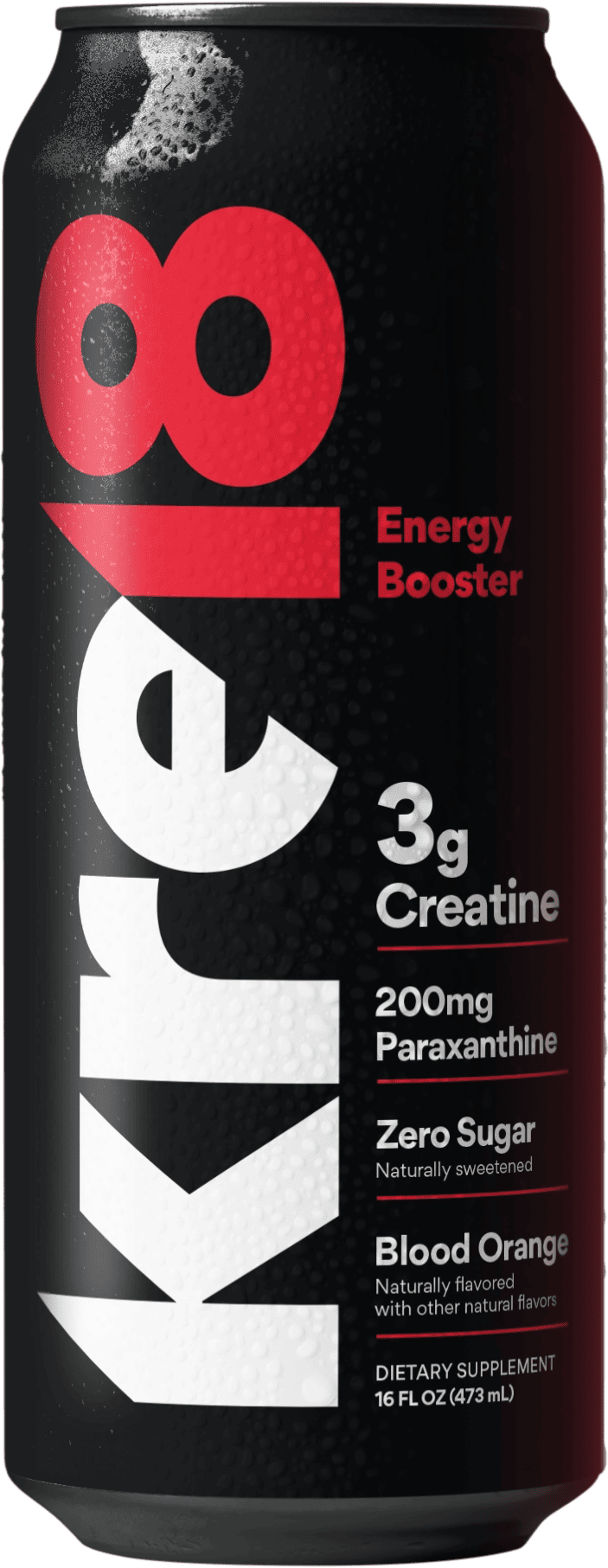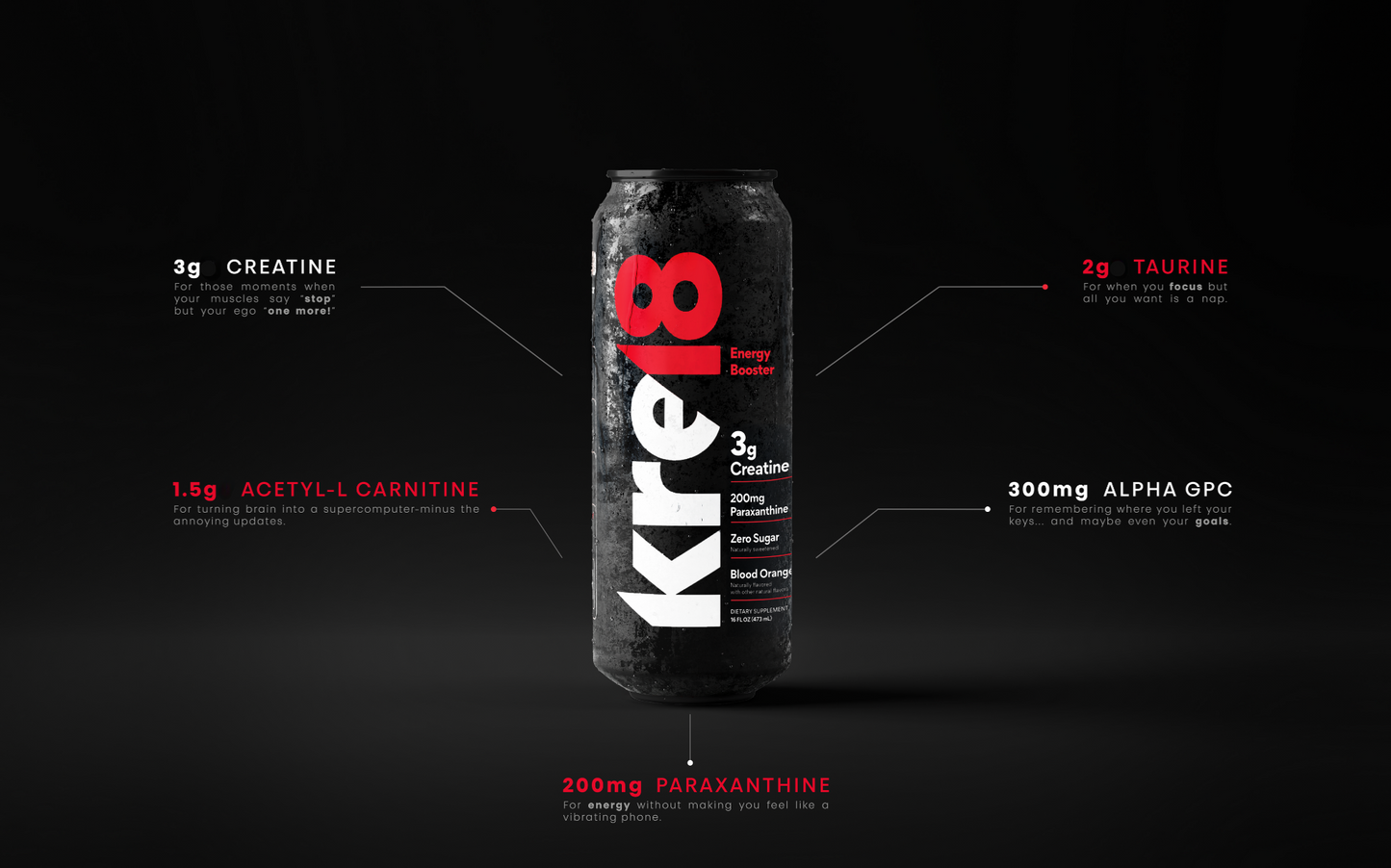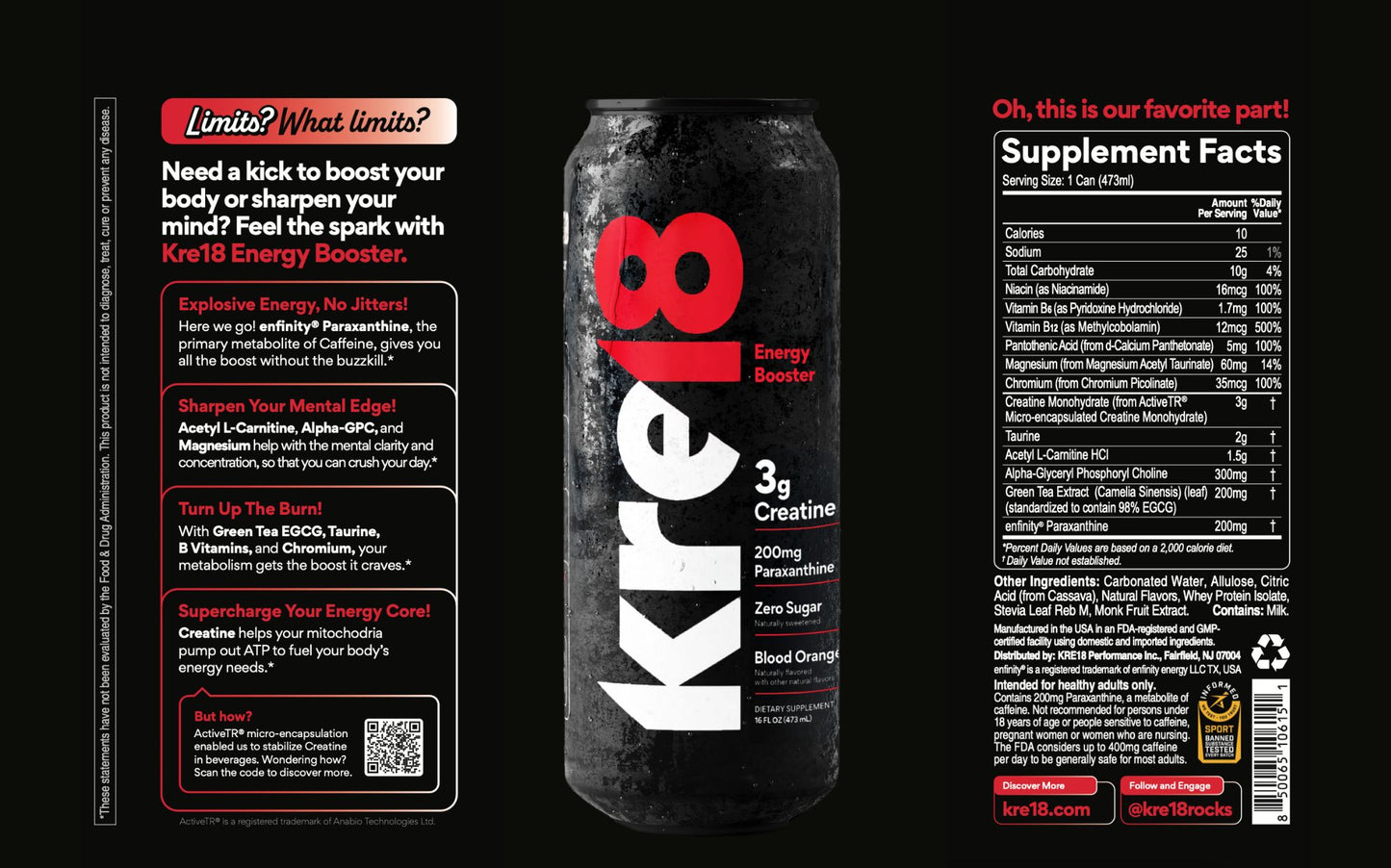Taurine enhances physical performance by reducing muscle damage and oxidative stress during exercise. In both young and older adults, it has been shown to improve muscular endurance and strength.
Taurine also demonstrates significant benefits for cardiovascular health. It helps regulate blood pressure, as studies indicate that taurine supplementation can improve vascular function, resulting in lower blood pressure. Additionally, it contributes to cholesterol reduction by lowering total cholesterol and triglyceride levels, thereby decreasing the risk of cardiovascular diseases. In patients with heart failure, clinical trials have reported improvements in heart function following taurine supplementation.
Recent research suggests that taurine may play a role in slowing down the aging process. Exercise-induced increases in taurine levels appear to contribute to its anti-aging effects. In animal studies, taurine supplementation has been associated with a 10% to 12% increase in lifespan. Furthermore, taurine helps reduce cellular senescence, decreases DNA damage, addresses telomerase deficiency, and improves mitochondrial function—all of which are key hallmarks of aging.
Taurine’s neuroprotective properties make it a promising candidate for treating neurological disorders. It protects against excitotoxicity caused by glutamate, which can reduce neuronal damage in conditions like epilepsy and stroke. Taurine has also been found to improve memory deficits and learning impairments in experimental models of neurodegenerative diseases such as Alzheimer’s and Parkinson’s. Moreover, as the most abundant amino acid in the retina, taurine plays a vital role in photoreceptor development and helps protect against retinal degeneration.
From a metabolic perspective, taurine supports health through various mechanisms. It aids in glucose regulation by reducing fasting blood glucose levels and improving insulin sensitivity, making it especially beneficial in the management of diabetes. In animal studies, taurine has been shown to suppress age-related weight gain by increasing energy expenditure, supporting its role in weight management.
Given its broad physiological effects, taurine is increasingly being explored as a therapeutic agent. By addressing the hallmarks of aging such as DNA damage and mitochondrial dysfunction, taurine may help delay the onset of age-related diseases like type 2 diabetes and osteoporosis. Its ability to regulate blood pressure, cholesterol, and inflammation also makes it a valuable compound for cardiovascular disease management. Additionally, due to its neuroprotective effects, taurine holds promise in treating neurological conditions including Alzheimer’s disease, Parkinson’s disease, epilepsy, stroke, and diabetic neuropathy.
Clinical studies have examined taurine supplementation in doses ranging from 500 milligrams to 3 grams per day, generally without significant adverse effects. While the optimal dosage depends on individual health conditions and goals, taurine is widely considered safe when used within recommended limits. Even at relatively high doses, both human and animal studies report minimal side effects.















